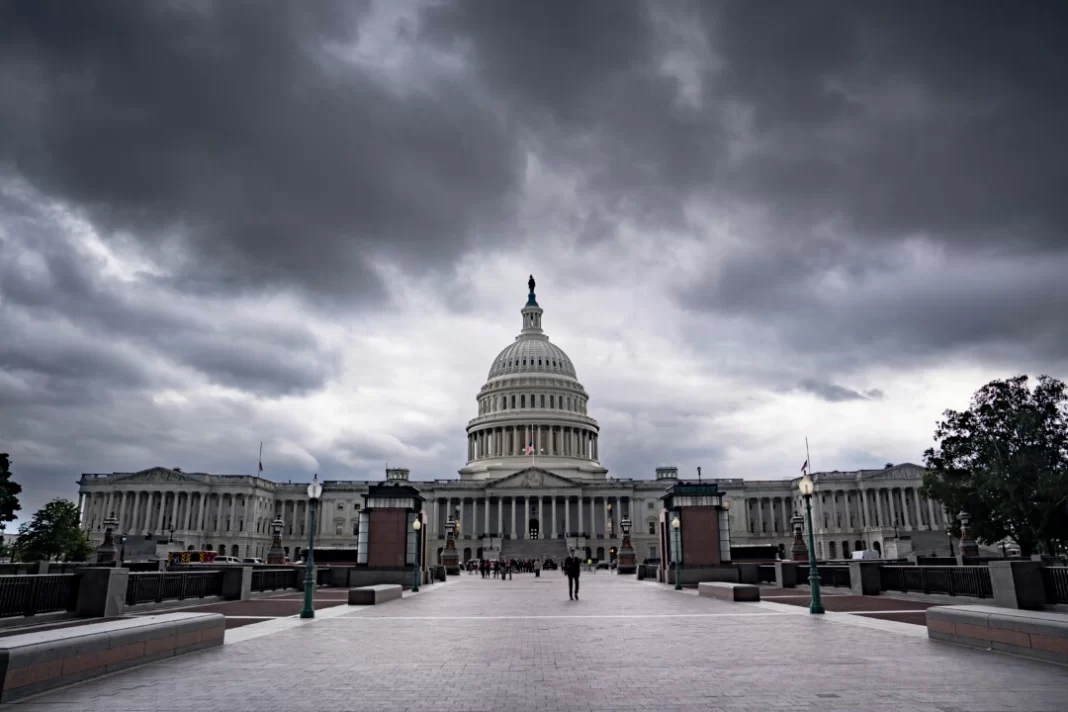The new deal was negotiated after Trump opposed a previous bill.
WASHINGTON—The House of Representatives on Dec. 19 voted down an alternative plan to fund the government with just over 24 hours until a government shutdown begins.
In a 174–235 vote, lawmakers rejected the proposal. That included almost all Democrats and a slate of conservative Republicans. The bill, which advanced to the floor via a method known as suspension, needed a two-thirds majority to pass.
In addition to extending the deadline for government funding through March 14, the 116-page proposal included around $30.1 billion for emergency hurricane relief, a one-year extension of the farm bill, and a suspension of the debt ceiling until Jan. 30, 2027—aligning with a demand made by President-elect Donald Trump.
The pared-down proposal replaced a previous 1,547 page government funding plan that faced strong pushback from Trump and many congressional Republicans.
Democrats, who have historically backed government funding measures, objected to the withdrawal of the original proposal that emerged from weeks of bicameral negotiations. Several Republicans objected to the inclusion of a provision to raise the debt ceiling as well as new spending in the bill.
The bill’s failure leaves next steps unclear, as the government is set to go into a shutdown at 12:01 a.m. Eastern Time on Saturday.
Speaker Mike Johnson (R-La.) may now bring the bill to the Rules Committee, which would mean a simple majority vote on the floor if the panel clears it. However, it is not clear whether the Rules Committee will advance the bill, given that Reps. Chip Roy (R-Texas) and Thomas Massie (R-Ky.), both members of the panel, have indicated their opposition.
Though there were hopes that the compromise plan could punt the issue to next year—allowing lawmakers to head home for the scheduled winter recess—there were strong signs that the legislation was on rocky ground ahead of the vote.
Democrats objected to raising the debt ceiling through the legislation, as the issue offers them a rare piece of leverage in the upcoming Congress.
By Joseph Lord, Jackson Richman and Arjun Singh






